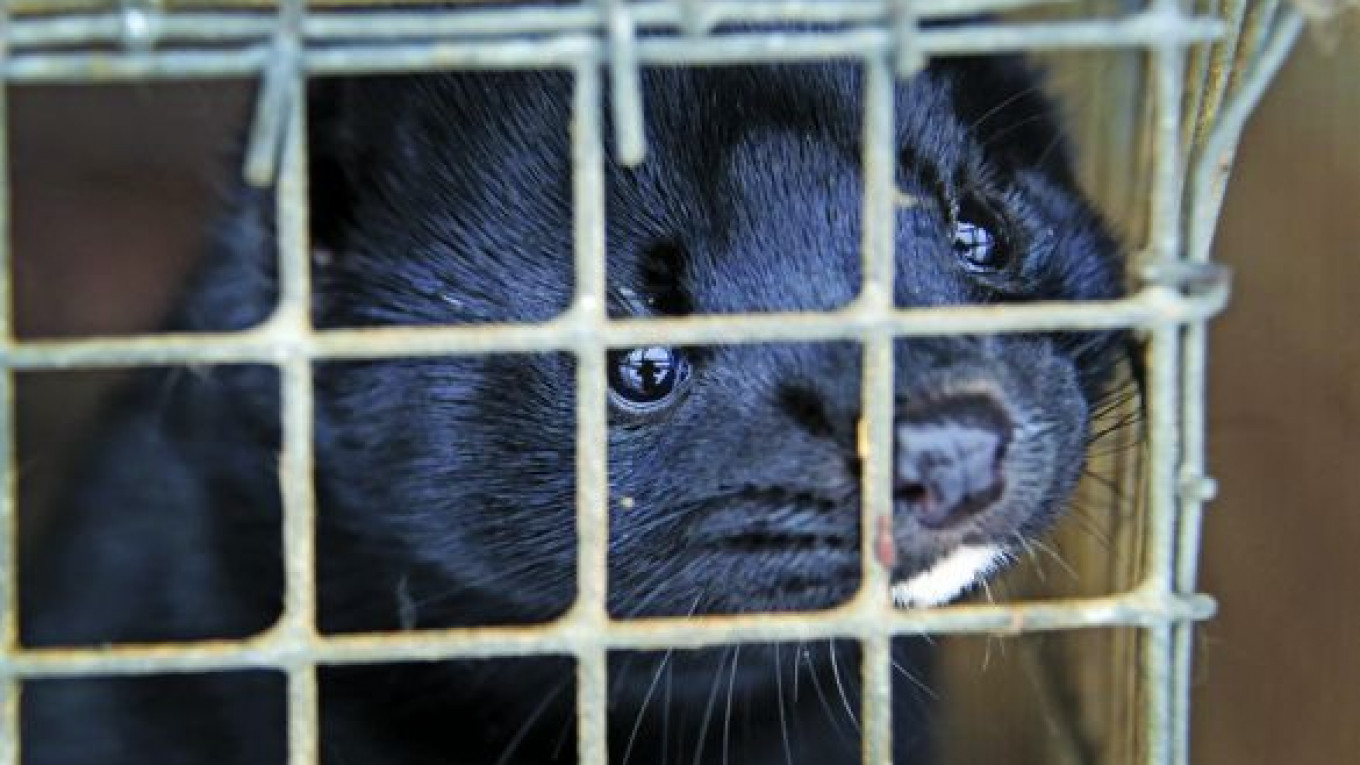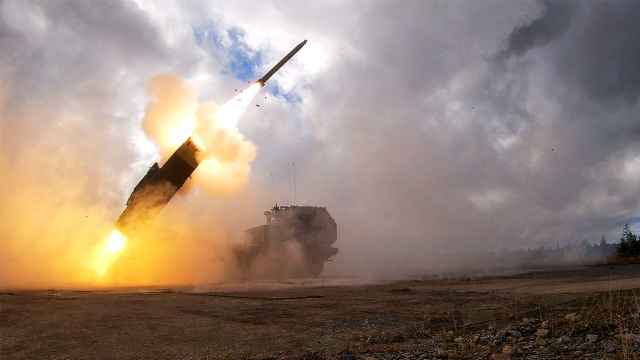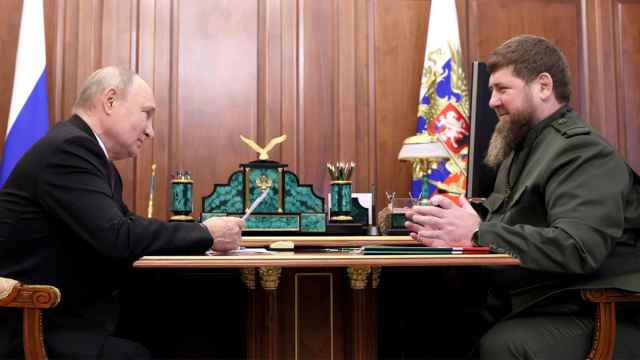Meat imports from producers using ractopamine must be tested and certified free of the feed additive, the country's veterinary regulator said, denying on Saturday the requirement is a political retaliation.
The move would potentially make the United States, which exports more than $500 million a year worth of beef and pork to Russia, significantly less competitive, giving advantage to Chinese and European Union meat producers, where ractopamine is banned.
The U.S. Meat Export Federation said the U.S. Department of Agriculture had no testing and certification program in place for ractopamine.
The Federal Veterinary and Phytosanitary Inspection Service, or Rosselkhoznadzor, said that as of Friday it would allow for an unidentified transition period during which in the absence of a needed certification, Russia will test each shipment itself.
"During this period the veterinary service of the suppliers have to create a system of laboratory testing of products certifying the absence of ractopamine," the regulator said in a statement posted late Friday on its website.
Rosselkhoznadzor did not specify what would happen to meat shipments that are already on their way, but the statement suggests the meat will be tested once it arrives in the country.
USMEF, a non-profit trade association, said more than 210 shipping containers of U.S. pork and beef valued at about $20 million were on their way to Russia.
Rosselkhoznadzor said on Saturday it had warned over a year ago about the "inadmissibility" of meat with ractopamine to Russia and it had sent advanced legal notices to veterinary officials in the United States, Canada, Brazil and Mexico.
"Rosselkhoznadzor was surprised to hear that some analysts linked Russia's introduction of stricter control over the presence of the beta-adrenoceptor agonist ractopamine in imported meat with the passage by the U.S. Senate on Dec. 6 of the so-called 'Magnitsky Act'," it said in a statement.
Chief health inspector Gennady Onishchenko denied the requirement of testing and certifying meat imports was retaliatory.
"In Russia (ractopamine) is not included in the register of products approved for use," Onishchenko told Interfax on Saturday.
"We can only regret that American Federation analysts on meat exports lacked even a tiny bit of imagination to classify the 27 countries of the European Union, China and all other 167 countries that have banned the use of this product as opponents of the 'Magnitsky Act' adopted by the U.S. Senate."
Ractopamine is used as a feed additive to make meat leaner, but countries such as China have banned its use despite scientific evidence that it is safe. The United Nations has agreed on acceptable levels of the drug.






